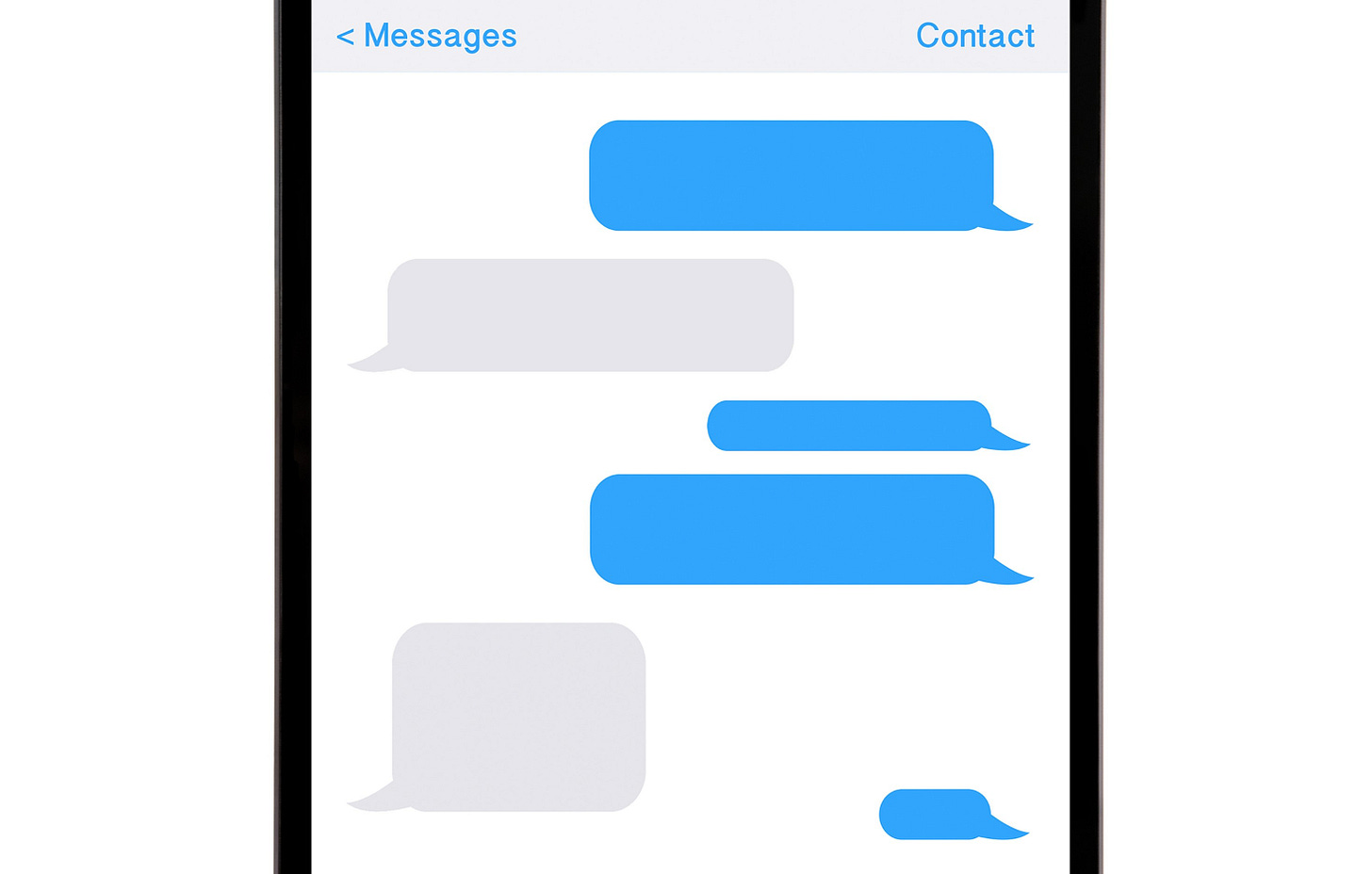Hot Chat and Fantasy Idealization
When you engage in sexy chat with a new online connection make sure you both have similar expectations
Online hookup and erotic connection sites and apps have become firmly embedded within our culture. Apps like Tinder and Grindr are so well known that movies and television shows use them as standard culturally referenceable things. Websites of countless permutations are dedicated to some version of dating or sexual connections. This is the world we now live in. Even mainstream middle-America is using these online and app-based ways to date and hook up.
Along with this era of easy erotic connection came the era of online “hot talk,” that sexually charged chat that takes place between people. Sometimes this is done between those who already know each other. But quite often such chat happens between people who don't know each other at all except from the briefest of virtual introductions, and this is when it can get tricky.
Hot talk is a lot of fun whether it's text-based or done using a video application. It charges up the sexual batteries. It helps us feel out the erotic fantasies of the other person. It can be a great precursor to eventually meeting face to face. Or it can be a fun activity all by itself with no pretense of ever meeting. Hot talk has many pleasures to offer us, but it does have a downside.
During the course of hot talk, the line between suggested fantasy and suggested reality can begin to blur. While one party of the conversation might be pouring forth some nasty sexual details from the recesses of their erotic fantasy mind, the person receiving those messages might be interpreting them as descriptions of what will actually take place in real time at some point in the future. This can potentially cause big problems.
Imagine you and another person are engaged in some online hot talk. You're busily typing away your erotic fantasies to each other. Each of you begins to elaborate on all of the wonderful things you'd like to do with each other. Intensely charged sexual heat begins to develop. At some point you run the risk that one of you begins to interpret a fantasy as something that “will” happen in the future versus a fantasy that is just that, a fantasy, not necessarily meant to ever be carried out in real time. And when two people do meet face to face after engaging in online hot talk beforehand, what if the reality of the encounter doesn't live up to the idealized fantasy?
I call this phenomenon “fantasy idealization.” One of the parties begins to idealize the fantasy and construct in their head a scenario of the activities actually occurring, and occurring in some ideal way that may or may not even be possible. Such faulty communications run the risk of setting up one or both of the parties with a completely unrealistic expectation of the erotic relationship between them, what they will do when (and if) they meet, and so on. Not good.
For the record, I’ve been guilty of this. I enjoy hot talk. Being a writer, I can craft some rather sexy and elaborate fantasies when busily texting someone with whom I’ve only had a few minutes of prior online acquaintance. Usually this works out just fine. Occasionally it unexpectedly sets up the expectation that my fantasy talk was what I actually wanted to do when we meet, assuming I expected to meet that person at all. My bad. I’ve tried to be better about this by quickly taking the temperature of the situation to make sure we’re on the same page.
So how can we avoid such problems? The easiest way is to simply state directly that the hot talk is nothing but fantasy. But that's often easier said than done. The nature of hot talk is that it often organically emerges from other less erotic conversations and begins to take on a life of its own. To inject a wet blanket statement that this fantasy isn't real can short circuit the entire exchange.
Alternatively, we can be a bit more careful with the words we use. Rather than lead with words like “when we...” you might instead say “if we were to...” This sets the expectation that this may not actually happen. Instead of saying “I can't wait until we...” you might say “It would be hot if it were possible to...” You get the idea. Use language that never commits to a reality, but instead remains in the realm of “maybe” or “possibly.” The choice of language we use is important.
Occasionally throwing in a reality moment can help also. After a particularly hot section of chat, you might say something like “Wow, if only it were possible to do that for real” or some other indicator that you don't assume what's being chatted about will actually take place, and certainly not in the perfect ways it's been laid out during the chat.
Of course, if your chat is going in a direction that syncs entirely with what you envision might happen with that person and you do intend to try to meet them, great. Full steam ahead.
How you go about avoiding the trap of idealized fantasies is up to you, but being careful during online hot talk can keep everyone grounded enough in reality to avoid messy misunderstood communications.
You can use this link to access all my writings and social media and ways to support my work.




